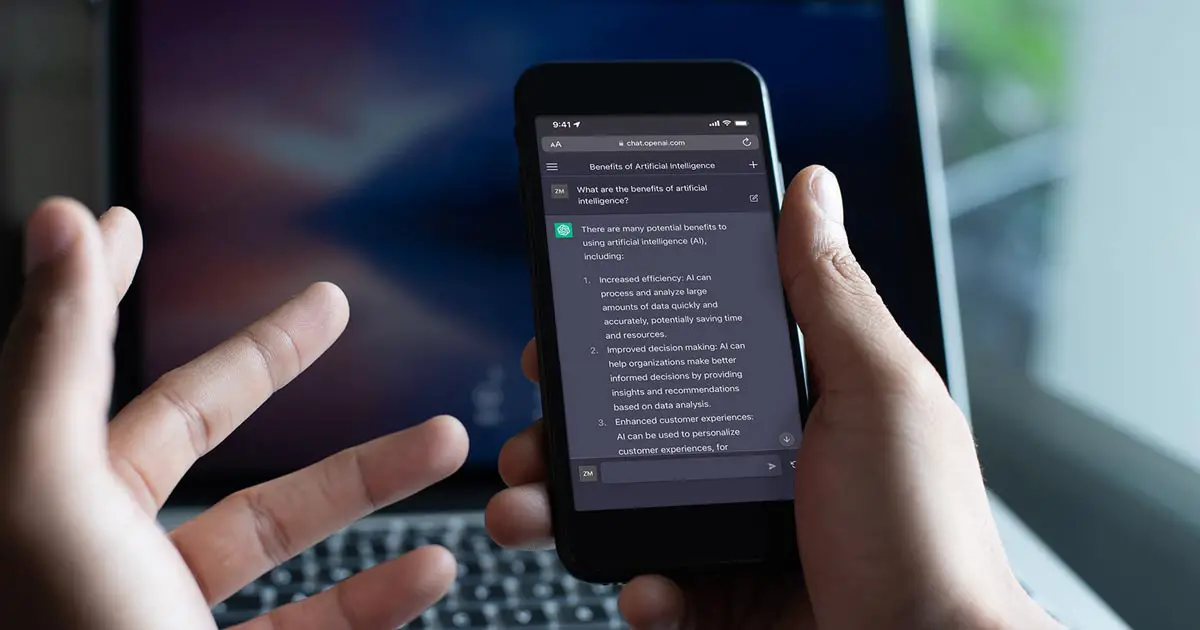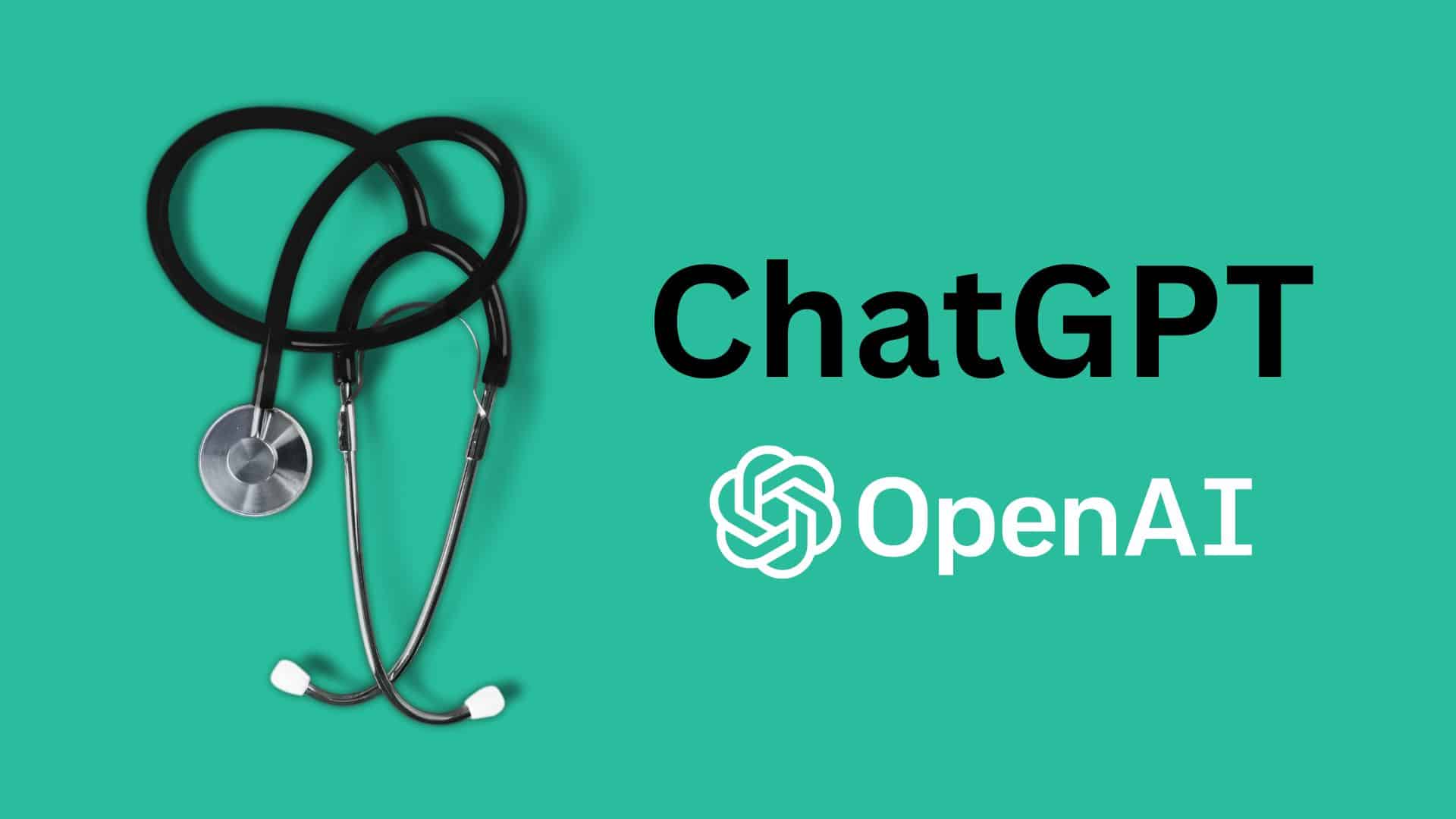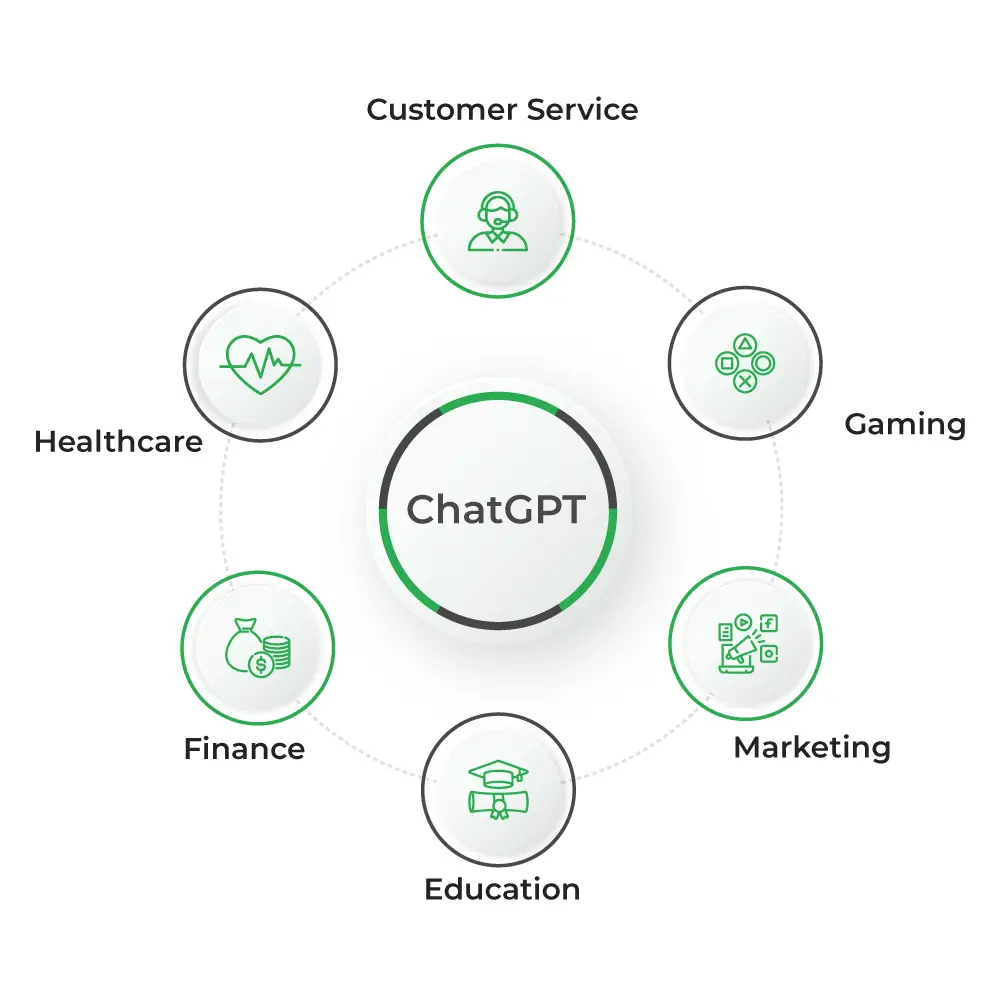ChatGPT in Healthcare: Applications and Compliance Considerations

ChatGPT, a conversational AI model developed by OpenAI, is making waves in the healthcare industry. Its ability to process and generate human-like text, translate languages, write different kinds of content, and provide comprehensive responses to complex questions has opened new possibilities for applications in healthcare.

Applications of ChatGPT in Healthcare:

- Medical Assistant: ChatGPT can provide personalized medical advice, provide information about medications and treatments, answer patient questions, and schedule appointments.
- Virtual Health Coaching: ChatGPT can assist patients with health monitoring, offer personalized lifestyle recommendations, provide emotional support, and encourage adherence to treatment plans.
- Medical Research: ChatGPT can assist healthcare professionals with literature reviews, study design, and data analysis, accelerating the pace of medical discoveries.
- Healthcare Education: ChatGPT can serve as an educational tool for students, providing interactive learning experiences, personalized feedback, and simulations of real-world scenarios.
- Administrative Tasks: ChatGPT can assist with administrative tasks such as generating medical summaries, coding diagnoses, and processing insurance claims, freeing up healthcare professionals’ time to focus on patient care.
Compliance Considerations for ChatGPT in Healthcare:
- Data Security and Privacy: ChatGPT interacts with sensitive patient data, making it essential to comply with regulations such as HIPAA, GDPR, and other data privacy laws.
- Accuracy and Verifiability: The accuracy and verifiability of information generated by ChatGPT must be carefully evaluated, as it may not always be medically accurate or evidence-based.
- Medical Expertise and Liability: Healthcare professionals using ChatGPT must ensure that it is not used as a substitute for their clinical judgment. They should carefully review and verify recommendations made by ChatGPT قبل making medical decisions.
- Transparency and Disclosure: Patients and healthcare professionals should be made aware of the use of ChatGPT in their care, and its limitations and potential risks should be clearly explained.
- Ethical Implications: ChatGPT raises ethical considerations regarding informed consent, patient autonomy, and the potential for bias in medical decision-making. These ethical implications must be carefully addressed and mitigated.
Overall, ChatGPT holds significant promise for transforming healthcare, but its implementation must be guided by careful consideration of compliance requirements and ethical implications to ensure the safe and effective use of this powerful tool.
